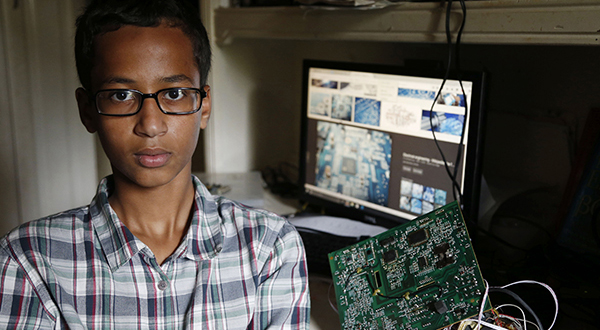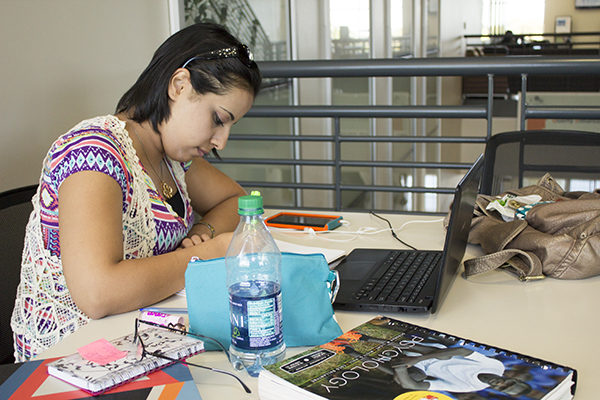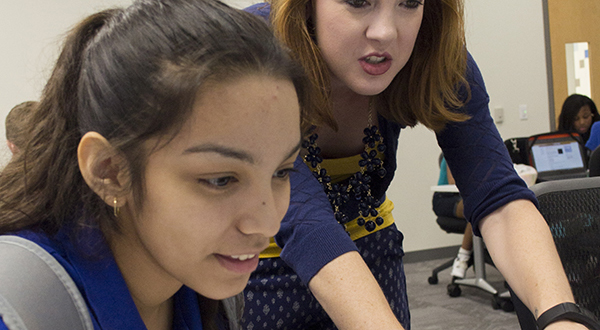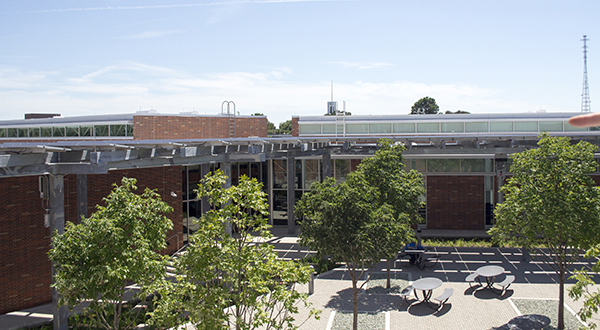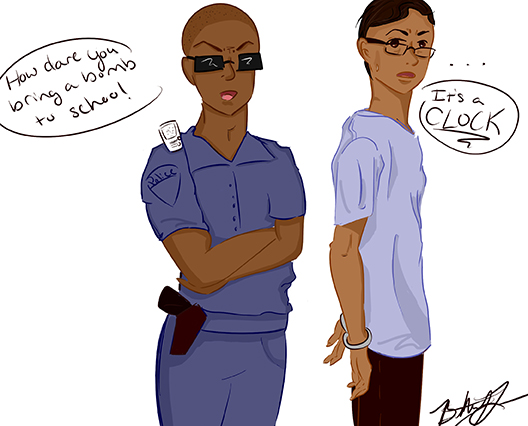By Jamil Oakford/ managing editor
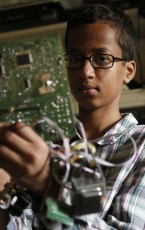
Over the past week, anti-Islamic sentiments have splashed across television screens around the nation.
An Irving high school and police department believed it did the right thing by arresting 14-year-old Ahmed Mohamed for bringing a homemade clock to school.
Also, presidential candidate Donald Trump failed to correct a man who accused the president of being a Muslim and didn’t seem fazed by the same person claiming Islam was the “problem with America.”
SE student Malik Abrahim thought this moment was blown out of proportion by the media.
“I think he [Trump] was trying to shut him [the supporter] up and continue on with the rally,” Abrahim said.
Then, presidential candidate Ben Carson was asked on Meet the Press if he thought that religious views should be important to voters. Carson said that it depended on whether their faith is “consistent with the Constitution.”
He went on to say that Islam was a faith that was inconsistent with the Constitution and that a Muslim shouldn’t be president.
South and NE student A’Keelah Woods thought this wasn’t a fair statement.
“I think religion doesn’t have anything to do with being president,” she said. “Anyone can be president if they want to.”
While Carson’s team has tried to clarify his statements and answer the backlash he’s received so far, Abrahim did not hold back his thoughts on the statement.
“That’s literally the stupidest thing I’ve ever heard of,” Abrahim said. “It’s so ignorant. I think he thinks that if there’s a Muslim president, they will only sympathize with other Muslims. It’s just unbecoming of him.”
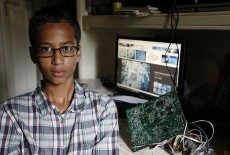
Woods believes things changed after the towers in New York fell to suicide bombers.
“I feel like since 9/11, they’ve been blamed for everything,” she said. “There’s good and bad people in every religion, so I don’t think they should be called terrorists or blamed for what other people do.”
Even before 9/11, Abrahim said he felt how people judged him just because he was Muslim.
He said years of this treatment have also opened his eyes, making the situation with Ahmed Mohamed less shocking.
“Was I surprised? No,” he said. “If any [Muslim] student did that, in high school or college, the same thing would’ve happened.”
Abrahim believes, in the end, it was a good thing for Mohamed, but Abrahim himself has learned to become unresponsive to people’s negative comments about his faith.
“By the time you’re an adult, you’re already numb to it,” he said.
























